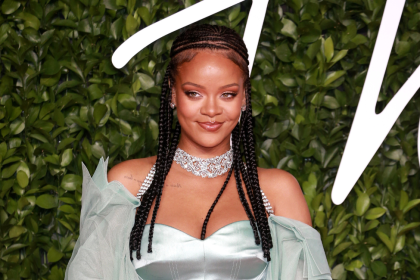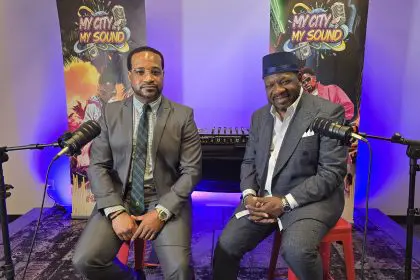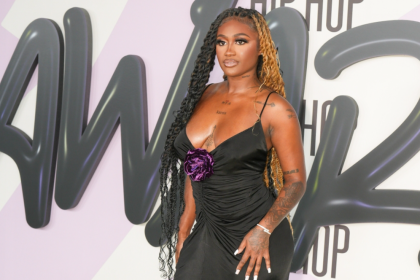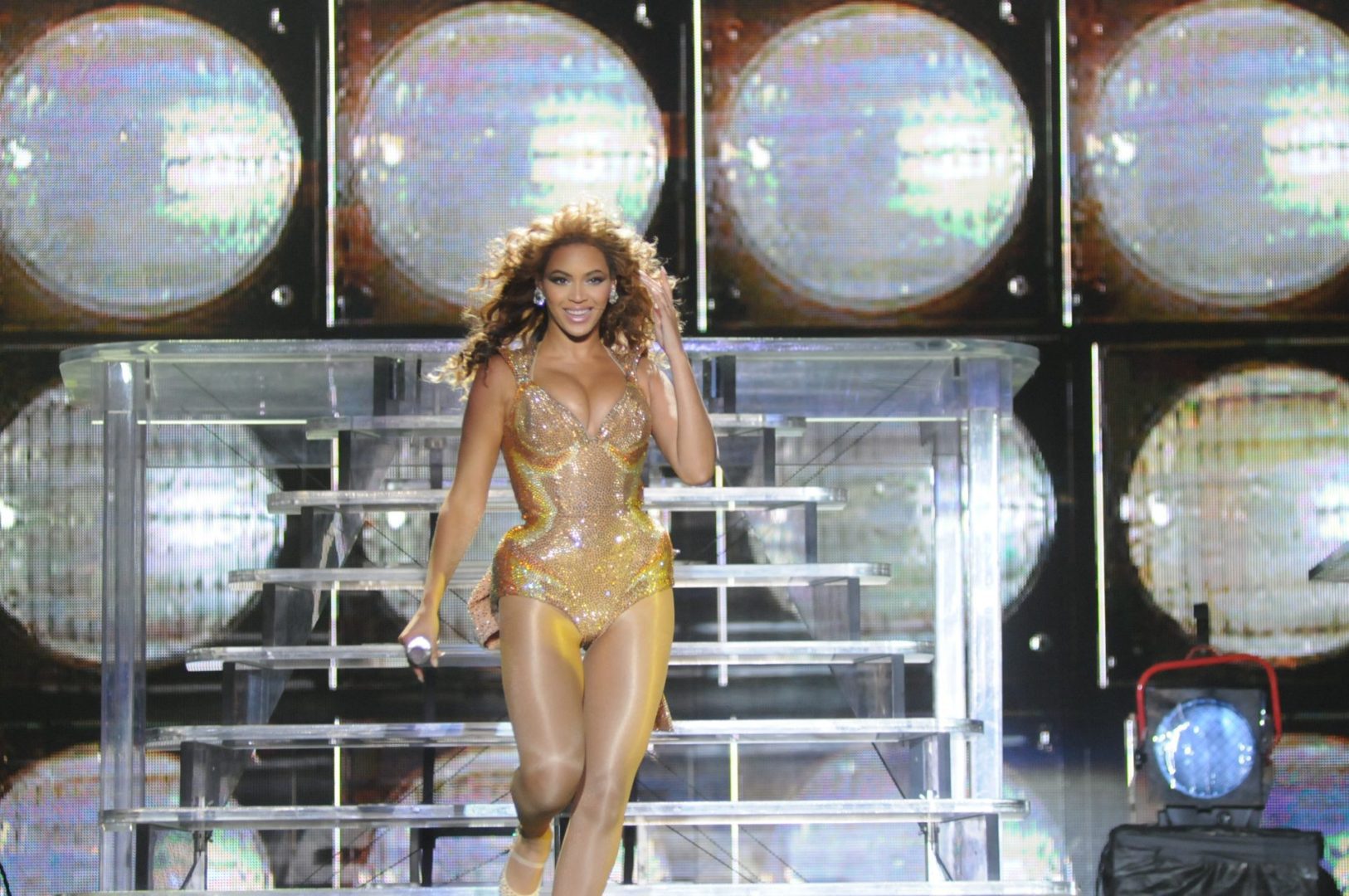Today would have been the the 46th birthday of legendary Nirvana frontman Kurt Cobain, who took his own life in April of 1994 after years of struggling with depression and heroin addiction. The pressures of fame proved to be too much for the reluctant Generation X icon and the global adulation his band garnered was hard for his sensitive and fragile mind to accept.
Since his tragic suicide, Cobain has been elevated to mythic status. Much like other fallen musical legends, his work has been pored over and picked apart, his personal life has been endlessly scrutinized, countless books, documentaries and even a fictionalized feature film have surfaced—helping to explain (or exploit, depending on your perspective) the troubled genius from Aberdeen, Wash.
Cobain’s devoted following, self-destructive behavior and untimely death invite comparisons to another Generation Xer who was viewed as the voice of the people; fallen rapper Tupac Shakur. Shakur emerged in the early 90s as a fiery, young rhymer inspired by both the “Fight the Power” ethos of Public Enemy and the “F—k the Police” nihilism of N.W.A. Like Cobain, Pac’s sensitivity and passion resonated deeply with a generation, and after he was gunned down in September of 1996, his life, art and story have taken on added gravity for those who were touched by his work.
Now, 19 years after Cobain’s suicide and 17 years after Shakur’s murder, both men stand as twin martyrs of the Clinton years. The fallen heroes of the 1990s. But whose music and persona most define that decade?
Let’s take a look at these two troubled young men’s musical and cultural legacies …













